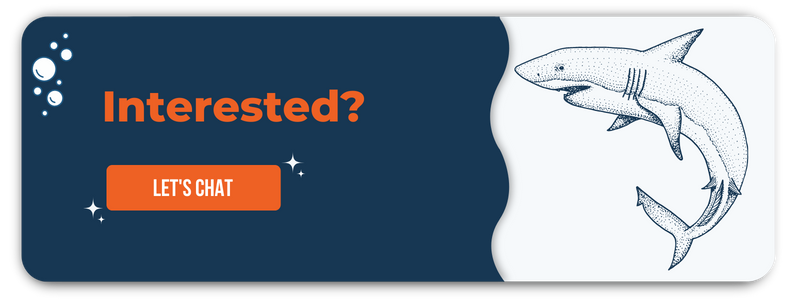
What is Search Engine Optimization (SEO)?
Search engine optimization, commonly referred to as SEO, is the process of making a website or webpage recognizable and readable by search engines like Google, Yahoo, and Bing. Search engines use programs called spiders to “crawl” webpages, examine their content, and index each page. When someone enters a search query on a site like Google, Google goes through its index to find the content most relevant to the user’s query.
Search engines have become more sophisticated over time in order to give searchers the most relevant web content. In addition to accounting for what’s on the page, search engines also take into account metrics like page authority, domain authority, bounce rate, and dwell time to pull up the most helpful content. As home speakers and personal voice assistants continue to rise in popularity, search engines are also adapting to the way people search, from a few keywords to full questions.
As search engines get more sophisticated, there are many ways to help search engines crawl your website to better understand the content and improve your website’s rankings on search engine results pages (SERPs).
Why Use SEO?
When many people start looking for a new product or solution, they start with a search engine. With a wealth of information online, many people conduct plenty of online research on any product or service before they make a purchase. So if your customers can’t find you online—they won’t buy from you.
SEO helps Google and other search engines understand your website and your business to improve your site’s rankings for keywords and phrases related to your business. Additionally, many SEO tactics can help clean up and organize your website for a better user experience by organizing content into topic clusters and removing broken links.
Tips for SEO
Decrease Page Load Time
Page load time is a factor search engines take into account when ranking pages. If you have large images on your web pages, it can negatively impact the load time. Images don’t need to be large on web pages in most instances, and usually don’t need to be larger than 2,000 pixels in length or width (and most times they can be much smaller). If your page load times are slow, check the images on your website and size them down.
Build Out Great Content
Google and other search engines like detailed, thorough content, and pages with too few words can be penalized in search engine results. Webpages should have a minimum of 300 words, and web content like blogs posts or articles should be at least 600 words, and we recommend blog articles fall between 800-1,000 words.
If your business has a lot of local customers, make sure your address and phone number are in the footer (at the very bottom) of your website. This helps Google locate you and pull your business up for local searches that include the phrase “near me.”
Use Your Customers' Language
The language on your website should be the language that your customers use. Heavy industry jargon may not be appropriate for every business, but for some, it can be beneficial. Understand how your customers talk about the products and services you provide and use those words on your website. These are the words and phrases your customers will use in search engines to find you.
Organize your web content into topic clusters but interlinking pages about the same topic. Google can recognize content on similar topics through its linking structure, and having multiple pages about a topic can improve rankings for all those pages.
Include Meta Descriptions for Every Page
Make sure all of your pages have accurate meta descriptions. These 150-character descriptions are what people will see when your page comes up in a search engine. Describe the contents of your page succinctly with your customers’ language to help boost your rankings and clicks to your site. Pages without a meta description will have some text pulled from the page by Google, which may not accurately reflect that page.
Build Internal and External Links
Interlinking on your website is important, but linking out to other websites and having your links on other sites is helpful, too. Include reputable links to outside, relevant sources on your website, such as in blog posts. If you have great content, make sure you’re promoting it on social channels so others can find it, and potentially link back to your site.


